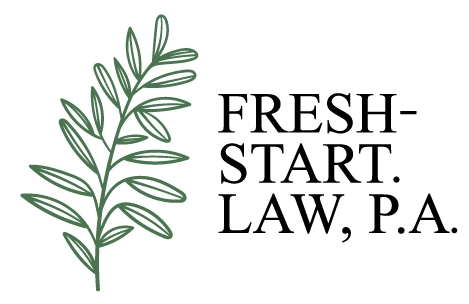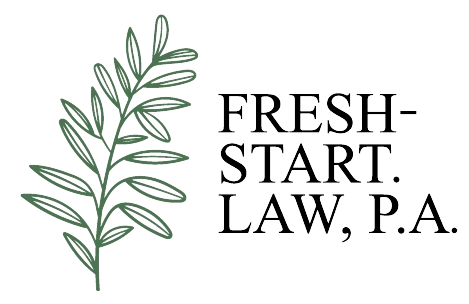
Filing for bankruptcy can have significant implications for your taxes. Here are some general considerations, but keep in mind that tax laws can change, and it’s crucial to consult with a tax professional or bankruptcy attorney for advice tailored to your specific situation:
1. Discharge of Debt:
- When your debts are discharged in bankruptcy, it is generally not considered taxable income. You won’t have to report the discharged debts as income on your federal tax return.
2. Assets and Capital Gains:
- If you have assets sold as part of the bankruptcy process, you might incur capital gains or losses. These can have tax implications. Consult with a tax professional to determine how these transactions affect your tax situation.
3. Bankruptcy Estate:
- The assets of the bankruptcy estate might be subject to capital gains tax, including any increase in the value of the assets from the time of acquisition to the time of liquidation.
4. Timing of Bankruptcy Filing:
- The timing of your bankruptcy filing within the tax year can affect your taxes. For example, if you file for bankruptcy early in the tax year, you might need to account for income earned later in the year.
5. Tax Attributes:
- Bankruptcy can affect specific tax attributes, such as the ability to use net operating losses or tax credits. Consult a tax professional to understand how your bankruptcy might impact these attributes.
6. Tax Refunds:
- Depending on the timing of your bankruptcy filing and the status of your tax refunds, you may be required to turn over any refunds to the bankruptcy estate. It’s essential to understand the rules governing tax refunds in bankruptcy.
7. Tax Returns during Bankruptcy:
- You are still required to file your tax returns during the bankruptcy process. Your tax obligations continue, and failing to file tax returns can have negative consequences.
8. Exemptions:
- Certain exemptions may apply to protect certain assets from being sold to satisfy creditors. These exemptions can vary by state, so it’s essential to understand the rules in your jurisdiction.
In summary, the tax implications of filing for bankruptcy are complex and depend on various factors. It’s crucial to seek advice from a bankruptcy attorney and a tax professional to ensure you understand the specific impact on your financial situation.





